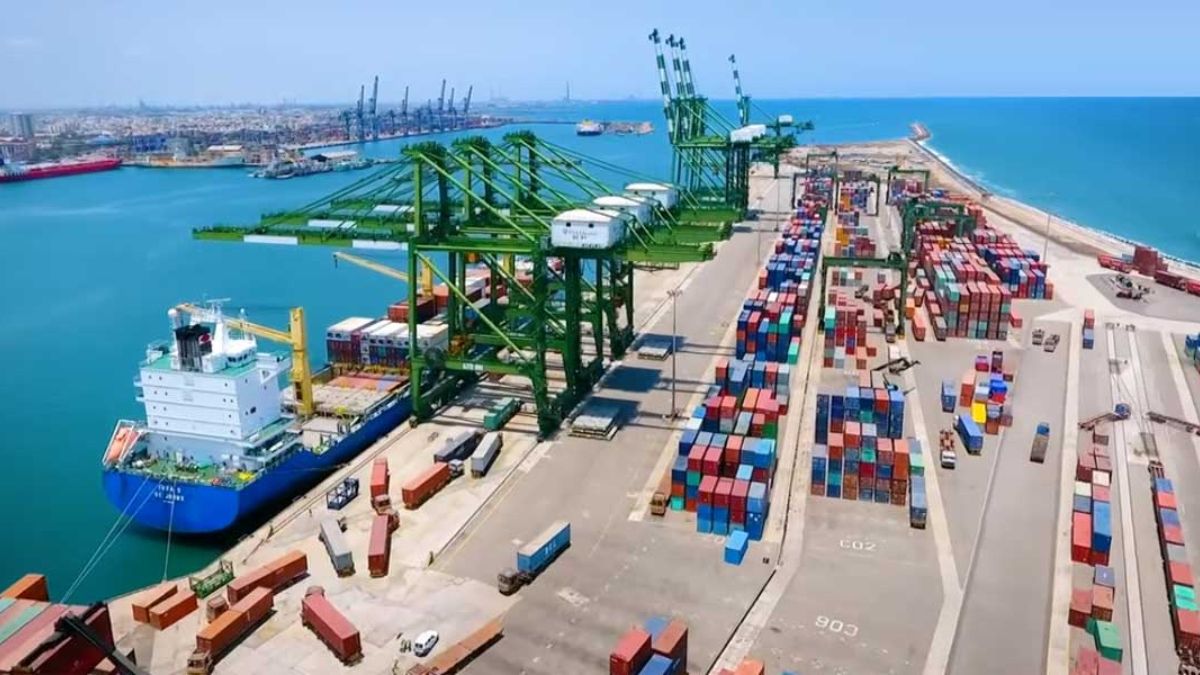Jawaharlal Nehru Port Authority (JNPA), India’s premier container port, has announced an ambitious plan to enhance its handling capacity to 10 million twenty-foot equivalent units (TEUs) by April 2025. This strategic upgrade is part of JNPA’s ongoing efforts to strengthen its position as a leading maritime hub in the region and to accommodate the growing demands of global trade.
The capacity expansion will involve significant infrastructure development, including the modernization of existing terminals and the construction of new ones. Key projects under this initiative include the expansion of the fourth container terminal, which is set to be a major contributor to the increased capacity. The terminal, operated by Bharat Mumbai Container Terminals (BMCT), will be fully operational by 2025, adding substantial capacity to JNPA’s existing facilities.
In addition to terminal upgrades, JNPA is also focusing on improving efficiency and reducing turnaround times for vessels. The port plans to adopt advanced technologies and automation to streamline operations and enhance cargo handling capabilities. These efforts are expected to not only increase capacity but also improve service quality, making JNPA more competitive on the global stage.
The capacity upgrade is aligned with the Indian government’s broader vision of boosting the country’s maritime infrastructure to support its growing economy. As the largest container port in India, JNPA plays a critical role in facilitating the country’s international trade. The port’s expansion is seen as essential for meeting the future demands of global shipping lines and ensuring that India remains a key player in international logistics.
JNPA’s target of 10 million TEUs by 2025 is part of a larger plan to enhance the port’s overall efficiency and sustainability. The authority is also investing in green initiatives, such as the development of an integrated common rail yard for handling containers and the promotion of environmentally friendly practices across port operations. These initiatives aim to reduce the port’s carbon footprint and contribute to sustainable growth.
Industry experts have lauded JNPA’s expansion plans, noting that the increased capacity will have a positive impact on India’s trade competitiveness. By enhancing its infrastructure and adopting cutting-edge technologies, JNPA is positioning itself to handle the anticipated surge in global trade volumes over the coming years.
As JNPA moves forward with its capacity upgrade, the port is expected to play a pivotal role in driving economic growth and supporting India’s ambitions to become a global trade powerhouse. The successful implementation of these initiatives will not only boost the port’s capacity but also reinforce its status as a vital gateway for trade in the Indian Ocean region.

